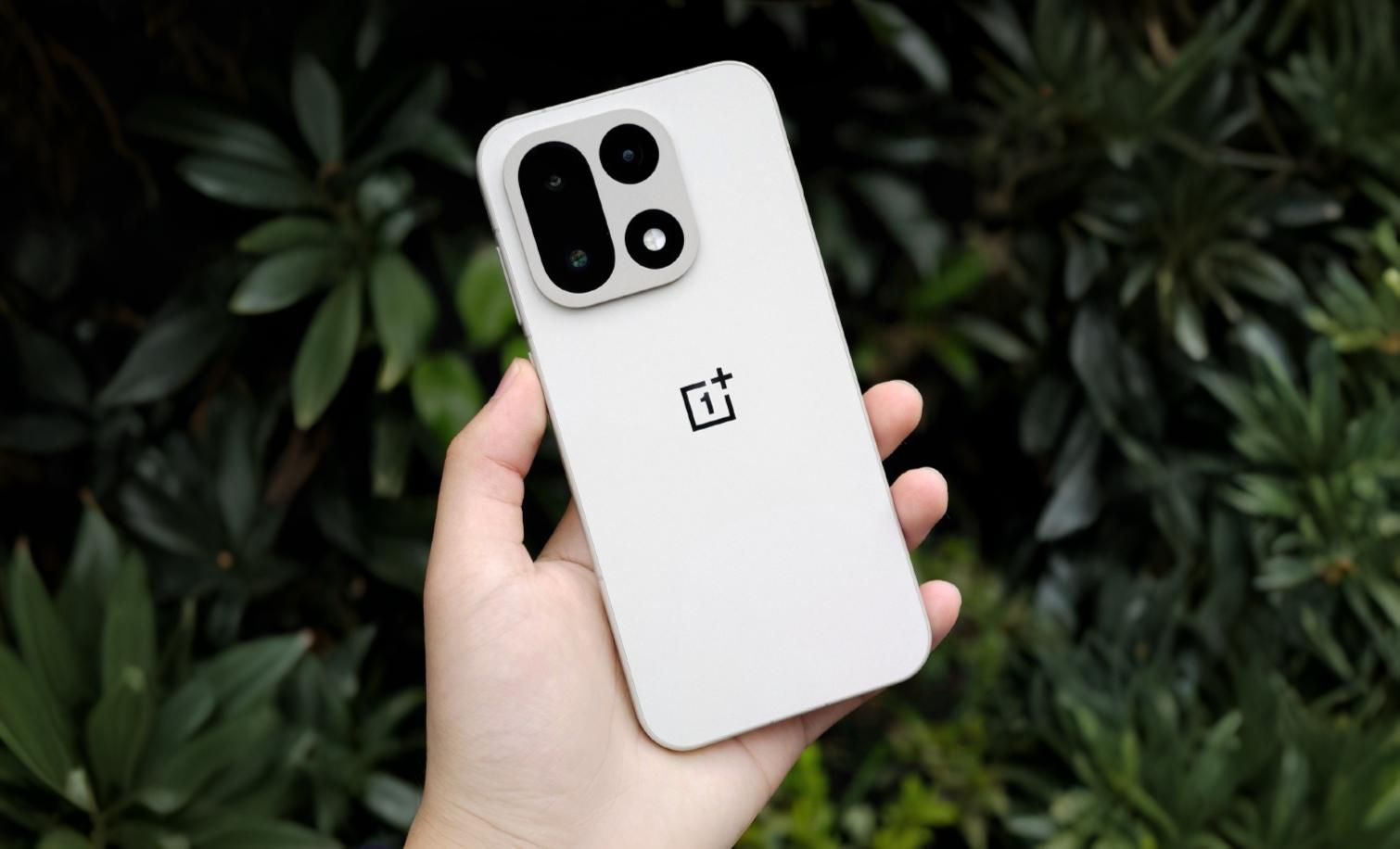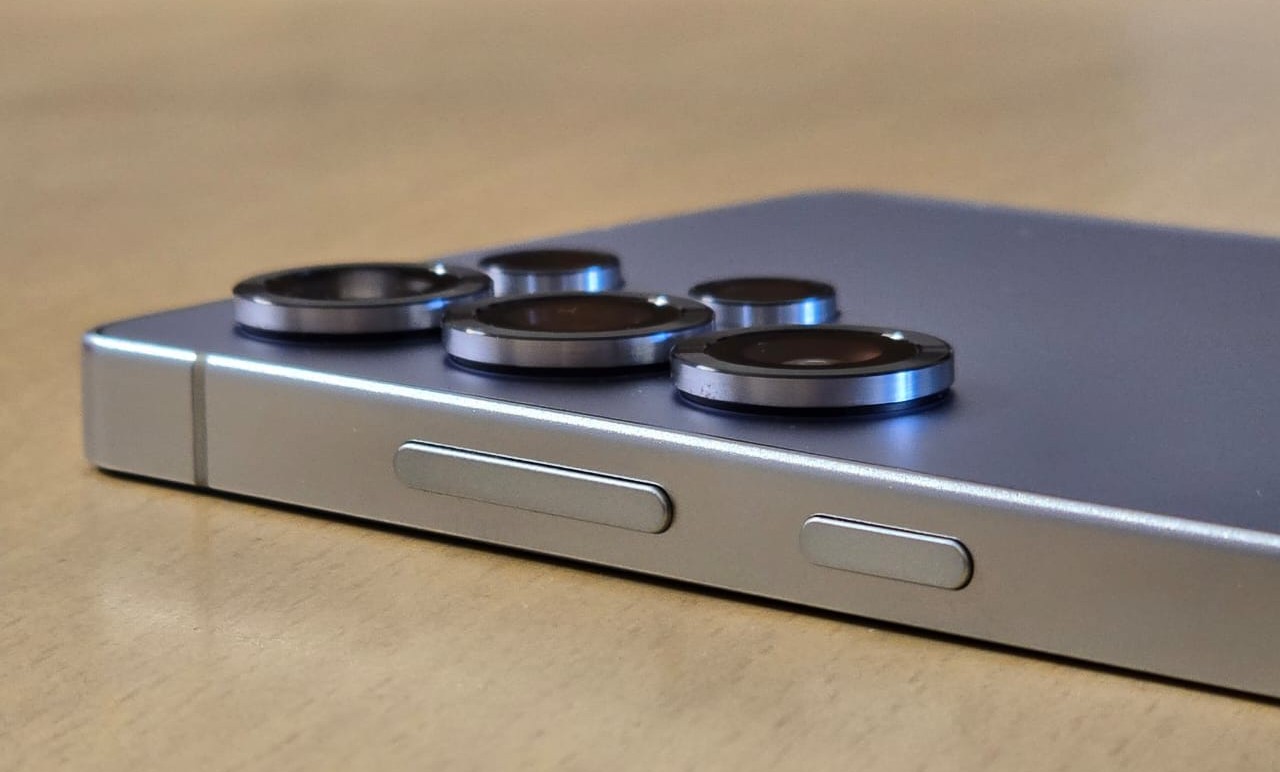Samsung is selling its 200MP ISOCELL HP9 sensor to Vivo, which is used as the 3.7X periscope telephoto on the Vivo X200 Pro. As hard as it may be for core Galaxy fans to accept, Samsung’s Ultra phones no longer hold the Zoom King crown. But why has Samsung stopped upgrading its camera hardware with the latest and best over the past three years?
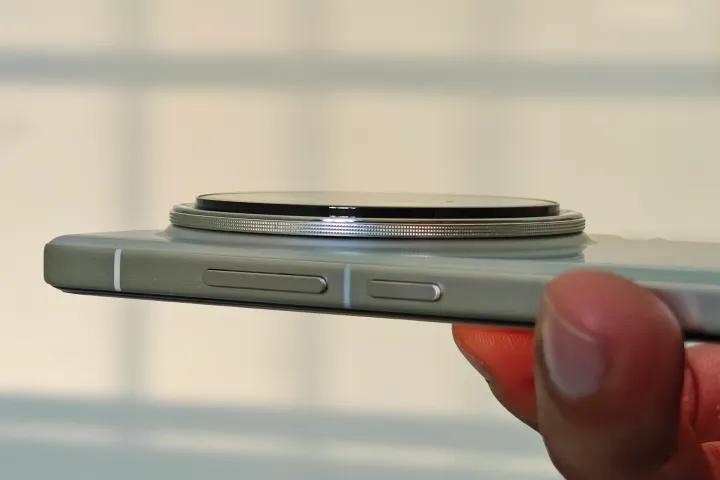
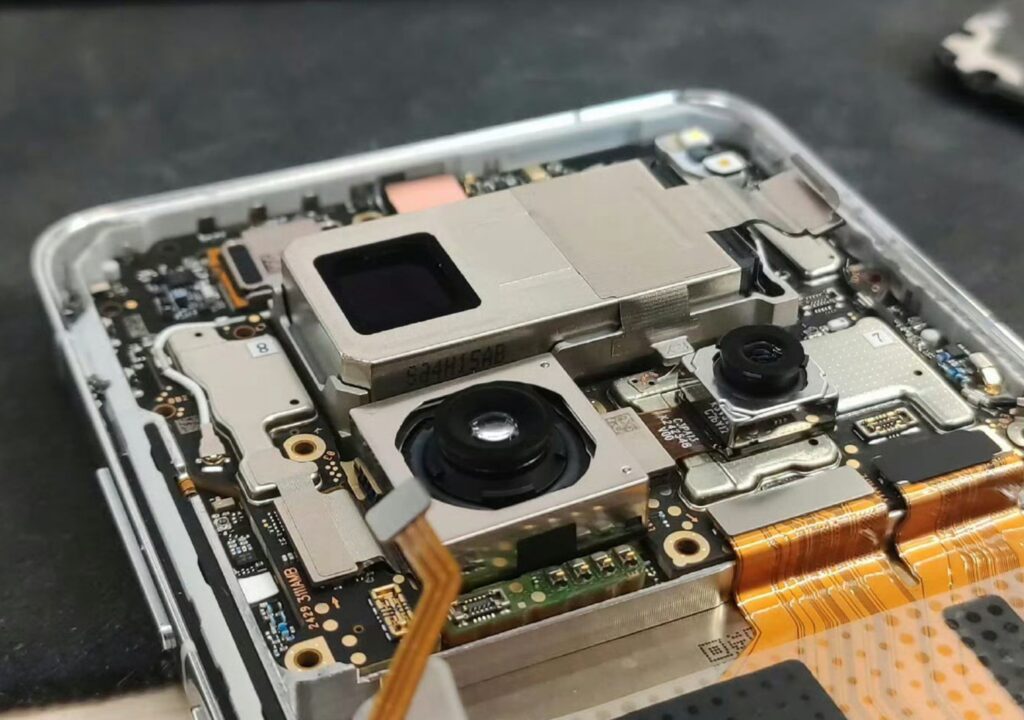
Well, as Ice Universe speculates, it’s related to two aspects: the design language of the S Ultra phones and their competition with the “Ultra” phones from China.
The Galaxy S Ultra phones pack the sensors within individual camera islands, which not only stands out from phones such as the vivo X200 Pro in terms of design but also looks sweet. Now just imagine the protrusion of the camera island for the periscope telephoto.
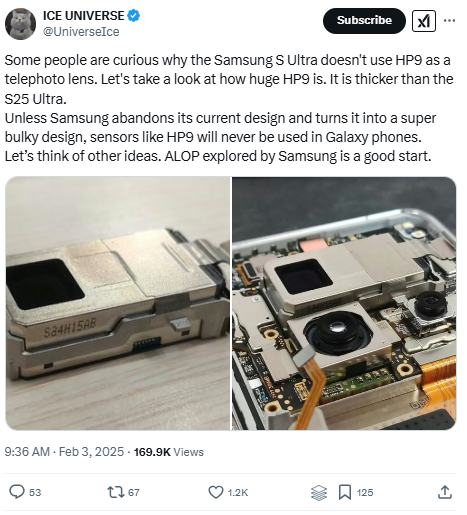
Samsung has already announced their successful development of a new lens tech called “ALOP” which apparently reduces the protrusion. If true, future Galaxy flagships may again see an upgrade on the sensor size. The Galaxy S25 Edge lacks a telephoto and hence is expected to lack this technology.
Samsung has already announced their successful development of a new lens tech called “ALOP” which apparently reduces protrusion. If true, future Galaxy flagships may again see an upgrade on the sensor size. The Galaxy S25 Edge lacks a telephoto and hence is expected to lack this technology.
As mentioned above, the other reason is competition. The Galaxy S24 Ultra reportedly achieved a sales figure higher than all other “Ultra” phones from China combined. As the tipster speculates, this is not convincing enough for Samsung to push its limits again. Notably, Samsung’s approach to its flagships is increasingly becoming similar to Apple’s
But while the sales figures of the Ultra phones from China are much lower than those of Samsung’, they still serve in increasing brand visibility and driving sales of their mid-range devices. This is especially evident in budget-conscious markets like India, where more and more mid-range buyers prefer models from Chinese brands over Samsung.
That said, we hope the ALOP lens tech helps Samsung equip its flagships with larger sensors and increases competition in the industry.
